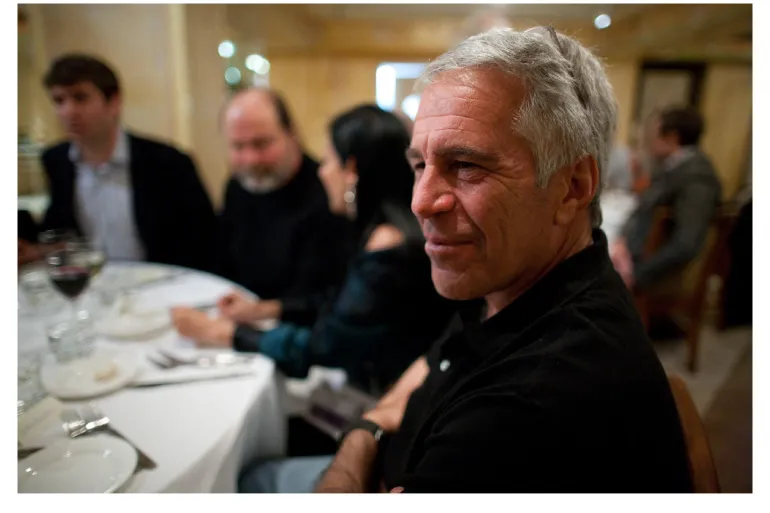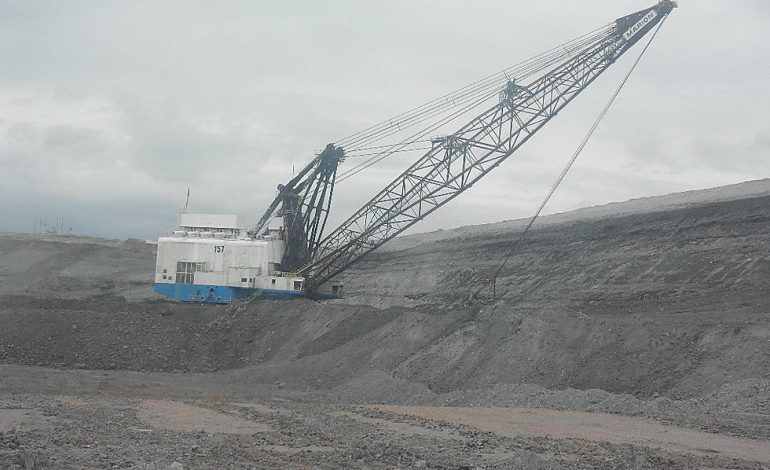Federal officials have taken an initial step toward reopening public lands in northeastern Wyoming and southeastern Montana to new coal leasing, marking a potential policy shift aimed at supporting the US coal industry, Sheridan Media reports.
The move reflects a broader strategy under former President Donald Trump’s energy agenda to increase fossil fuel extraction from public lands.
On July 7, the Department of the Interior released documents outlining a proposal to offer coal leases on more than 2,600 square miles of federal land in the Powder River Basin — one of the nation’s most productive coal regions. The area under consideration for leasing is larger than the state of Delaware.
The proposal contrasts with the Biden administration’s earlier efforts to curtail federal coal sales, citing the climate impacts of burning coal. The Biden administration projected that ending such sales could reduce carbon dioxide emissions by approximately 293 million tons per year — equivalent to the annual emissions of about 63 million gasoline-powered vehicles.
The Bureau of Land Management (BLM), part of the Interior Department, emphasized that the leasing proposal is preliminary and subject to public input. The agency has not provided a timeline for final decisions or indicated the level of interest from coal companies.
Ashley Burke, spokesperson for the National Mining Association, noted that coal producers have a “clear interest in additional leasing” but declined to specify how much land companies might pursue. Burke also pointed to rising electricity generation from coal and increased exports as signs of continued relevance for the industry.
The policy initiative stems from an executive order signed by President Trump on his first day in office and aligns with provisions in a recently signed tax bill, which reduced royalty rates for coal mined on public lands from 12.5% to 7%. The same legislation also included a directive to make 6,250 square miles of federal land available for potential coal development — an area larger than the state of Connecticut.
Environmental groups expressed concern over the potential expansion of coal mining. Jenny Harbine of Earthjustice stated that renewed leasing is not aligned with climate goals, particularly as coal-fired power plants decline in number due to competition from lower-cost renewable and natural gas sources. Scientists widely cite coal combustion as a significant contributor to climate change, driving more extreme weather, intensified wildfires, and water resource challenges.
Legal obstacles have previously slowed attempts to expand coal development in the region. During Trump’s first term, a federal judge ruled that the administration had failed to fully assess the health impacts of coal use in its management plan for the Powder River Basin.
Despite a long-term downward trend in coal consumption, with US production in 2024 at its lowest since 1964, the Powder River Basin still accounts for about 40% of national coal output, supported by 14 active mines. Some facilities have closed in recent years, but recent months have seen a rise in coal-generated electricity and exports.










The latest news in your social feeds
Subscribe to our social media platforms to stay tuned